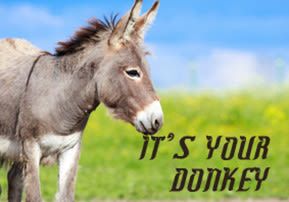
It’s Your Donkey
If we see that we're having inexplicable difficulties in life, it could be because our stern judgments and criticisms of those close to us have invoked the same against us...

My Yemenite friend Chaim and I served together in the same army unit. He had a great sense of humor, as sharp as Yemenite hot peppers, that he inherited from his ancestors, all of whom were witty Torah scholars. Every time an officer would give us an order to do something or conduct ourselves in a certain way that he himself did not fulfill, Chaim would snicker in Yemenite Arabic, hamarak, ya mori! All of us would crack up; this usually cost us some type of group punishment, but the laugh at the smug officer was well worth it.
So what is hamarak, ya mori! Literally, it means, “It’s your donkey, Rabbi!” I asked Chaim to explain to me the source of this Yemenite Jewish saying, which is commonly said to anyone who acts with a double standard. Here’s the story:
On a Shabbat morning in Yemen, all the Jews were gathered in the synagogue for the morning prayers. In the middle of the Torah reading, a group of little boys who were playing outside suddenly ran into the synagogue  and raced up the aisle to where the Mori (Yemenite term for rabbi) was sitting, at the front of the congregation. Excitedly, the urchins – their Shabbat robes covered with dust – yelled, “Ya Mori (hey, Rabbi!), a donkey has fallen into a pit and it’s braying in pain – what should we do?”
and raced up the aisle to where the Mori (Yemenite term for rabbi) was sitting, at the front of the congregation. Excitedly, the urchins – their Shabbat robes covered with dust – yelled, “Ya Mori (hey, Rabbi!), a donkey has fallen into a pit and it’s braying in pain – what should we do?”
The Mori gave a stern look at the children and answered, “You’re not allowed to touch it. Animals are muktzeh (something that’s forbidden to touch) on Shabbat, leave it alone!”
Ten minutes later, a group of pre-Bar Mitzva age boys came running into the synagogue. They too raced up the aisle to the Mori and yelled, “Mori, Mori! A donkey has fallen into a pit and it’s braying in pain. What do we do?”
The Mori shook a threatening finger at the boys and snarled, “You’re not allowed to touch it. Animals are muktzeh on Shabbat, leave it alone or I’ll have your parents give it to you good!”
A few minutes later, a group of the village’s teenage boys who didn’t exactly excel in synagogue attendance barged into the synagogue and yelled, “Hamarak, ya mori! It’s your donkey that has fallen into the pit, Rabbi!”
Of course, that’s a different story. His own donkey? All of a sudden, the Mori came up with a brilliant rabbinical dispensation: “Go fast, and pull it out by the ears!”
That’s “Hamarak, ya mori!” If it’s someone else’s donkey, then it can’t be touched on Shabbat. But if it’s the rabbi’s donkey, there’s suddenly a way to solve the problem. That’s the double standard. So when a Yemenite Jew encounters the double standard, he often retorts, “Hamarak, ya mori!”
If double standards weren’t ugly, they’d be as funny as a donkey’s face. They are always ludicrous. People don’t see how they make fools of themselves with double standards, which usually manifest themselves by judging themselves with far-reaching lenience while being exacting with others to the letter of the law.
There’s a big problem, though: the Gemara teaches us that Hashem judges us in the same exact way that we judge others.
Usually, the biggest offenders are people who maintain close contact with one another – parents, children, employers and employees, and members of the same synagogue. So, if we see that we’re having inexplicable difficulties in life, it could be because our stern judgments and criticisms of those close to us have invoked the same against us. Consequently, when we judge others with lenience and understanding, we make life so much easier for ourselves.
The Torah commands us to love our neighbor like we love ourselves. Probably the best way to fulfill this commandment is to judge other people with at least the same lenience that we judge ourselves, always looking for the mitigating circumstance that enables us to see other people and even their inexplicable actions in a positive light.
If you’re walking around with a double standard, it’s a good idea to throw it away in the nearest refuse bin. We don’t want people to think that we’re donkey-faced, for that’s what double standards make us look like.


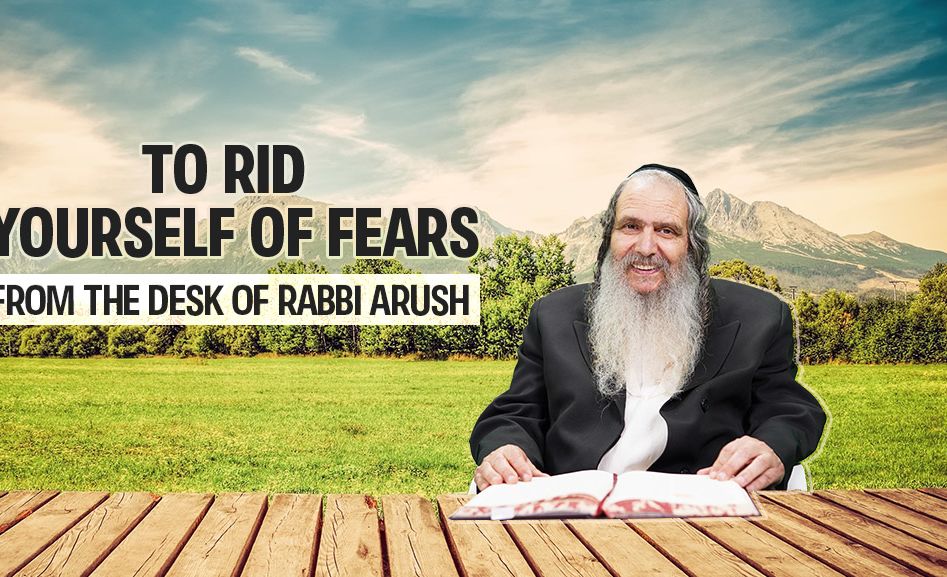




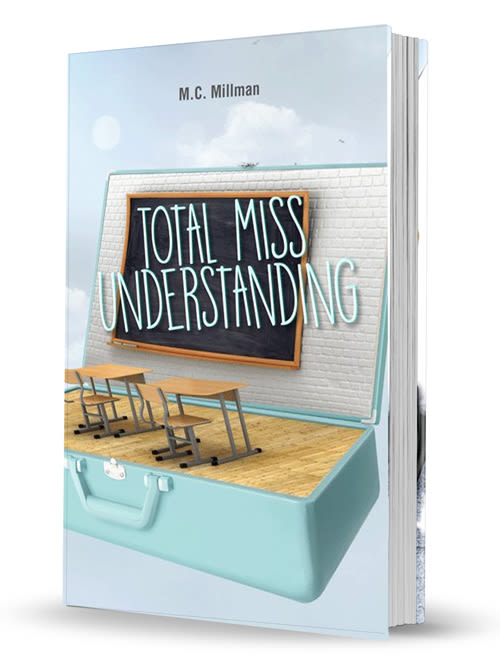
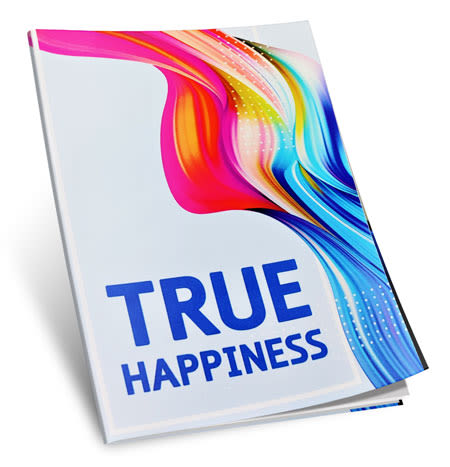

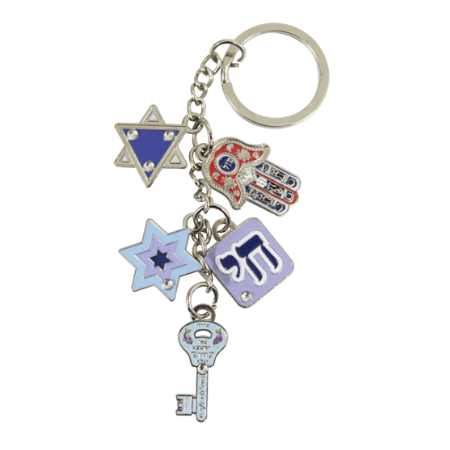

2/22/2014
Now I understand Now I understand the Democrates
2/22/2014
Now I understand the Democrates
2/15/2014
A Good Start Rabbi Lazer, you are so awesome! I love to start my week out with your articles. Thanks to you and to Breslev Israel.